Calculating cost-effectiveness of geothermal vs. propane boiler
ryanhouse
14 years ago
Related Stories
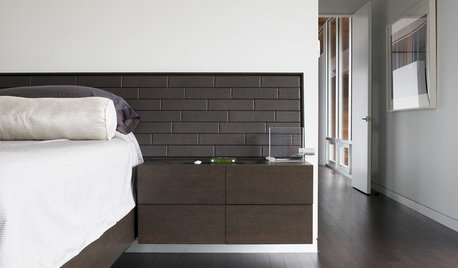
FLOORSFloors Warm Up to Radiant Heat
Toasty toes and money saved are just two benefits of radiant heat under your concrete, wood or tile floors
Full Story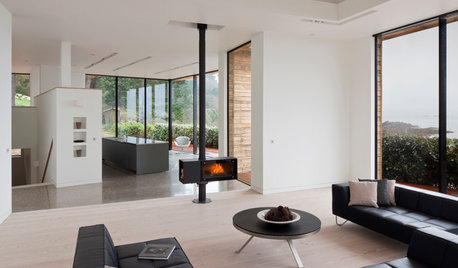
FIREPLACESUpdated Woodstoves Keep Home Fires Burning
Better technology means more efficiency than ever for modern woodstoves
Full Story
GREAT HOME PROJECTSHow to Add a Radiant Heat System
Enjoy comfy, consistent temperatures and maybe even energy savings with hydronic heating and cooling
Full Story
GREAT HOME PROJECTSHow to Switch to a Tankless Water Heater
New project for a new year: Swap your conventional heater for an energy-saving model — and don’t be fooled by misinformation
Full Story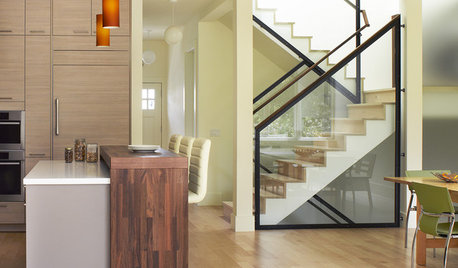
FLOORSIs Radiant Heating or Cooling Right for You?
Questions to ask before you go for one of these temperature systems in your floors or walls (yes, walls)
Full Story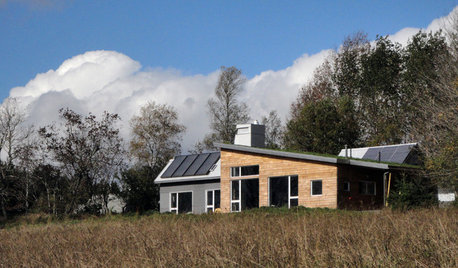
GREEN BUILDINGHouzz Tour: Going Completely Off the Grid in Nova Scotia
Powered by sunshine and built with salvaged materials, this Canadian home is an experiment for green building practices
Full Story
FLOORSWhat to Ask When Considering Heated Floors
These questions can help you decide if radiant floor heating is right for you — and what your options are
Full Story
GREEN BUILDINGOff the Grid: Ready to Pull the Plug on City Power?
What to consider if you want to stop relying on public utilities — or just have a more energy-efficient home
Full Story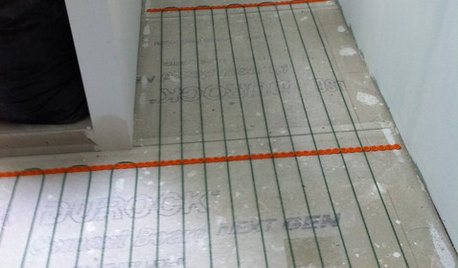
BATHROOM DESIGNWarm Up Your Bathroom With Heated Floors
If your bathroom floor is leaving you cold, try warming up to an electric heating system
Full Story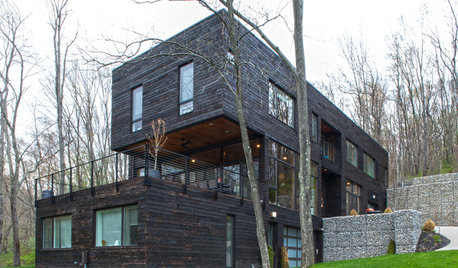
HOUZZ TOURSMy Houzz: Modernism Takes a Natural Turn in Pennsylvania
Generous wood throughout and woodsy sights outdoors soften and warm this home’s modern lines
Full StoryMore Discussions


fsq4cw
ryanhouseOriginal Author
Related Professionals
Lockhart Solar Energy Systems · Coto De Caza Solar Energy Systems · Palo Alto Solar Energy Systems · Bay Point Home Automation & Home Media · Brentwood Home Automation & Home Media · Franklin Home Automation & Home Media · Norwalk Home Automation & Home Media · Oceanside Home Automation & Home Media · Roselle Home Automation & Home Media · Tamiami Home Automation & Home Media · Washington Home Automation & Home Media · Chelsea Fireplaces · Graham Fireplaces · Tooele Fireplaces · Atascocita Fireplacesfsq4cw
ryanhouseOriginal Author
fsq4cw
ryanhouseOriginal Author
david_cary
tombrown5_comcast_net
fsq4cw